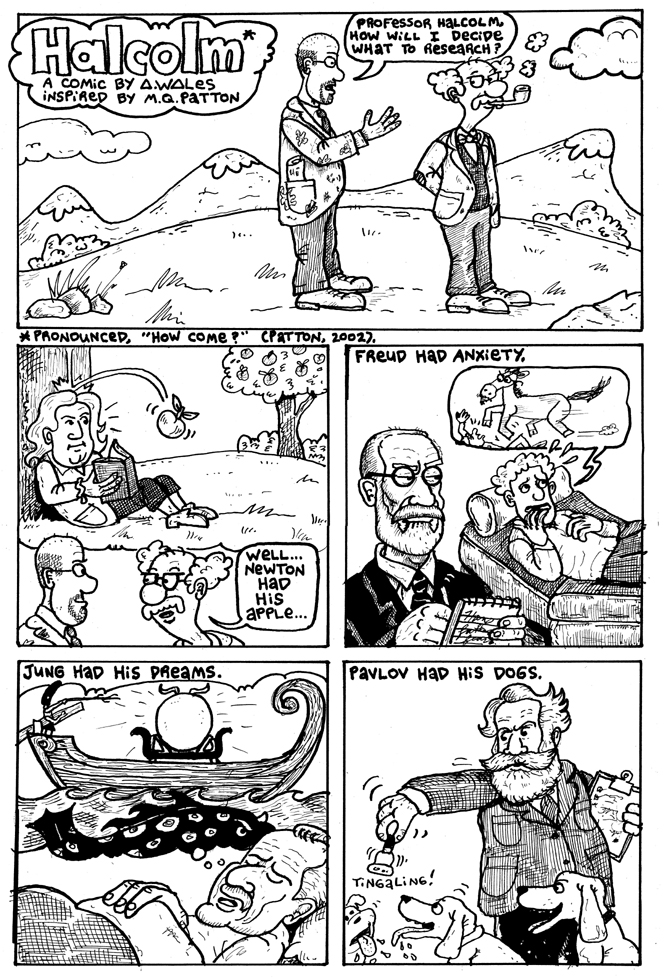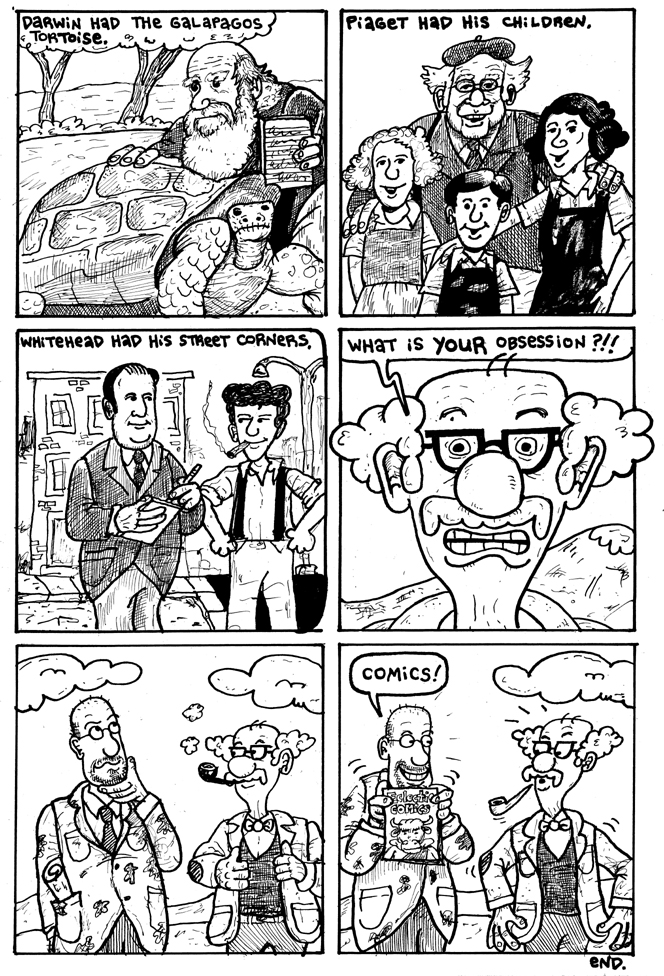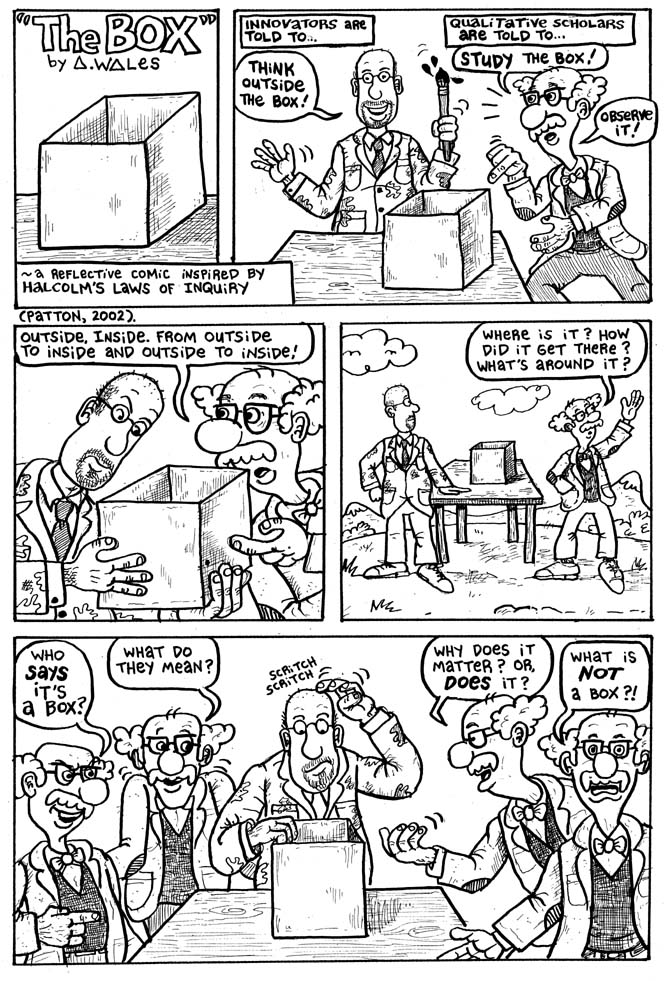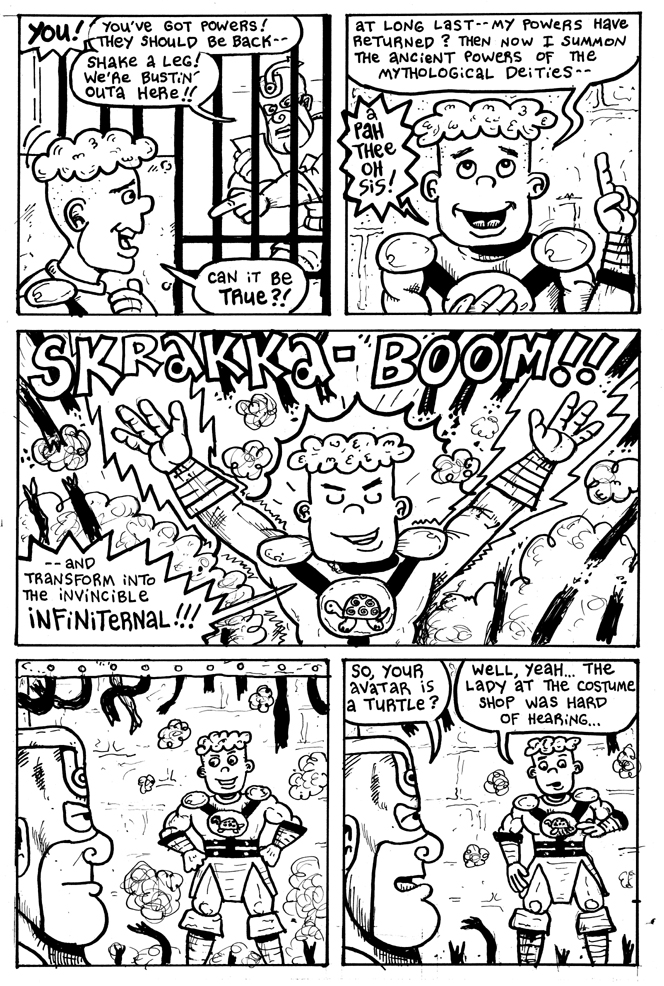
In my master's research project, I wrote about the history of comics, including the anti-comics campaign conducted by all kinds of crusaders from 1945 to 1954. This actually culminated in congressional hearings. I wish that when I was writing it, I had known about the articles excerpted at
Yesterday's Papers. In
Part I and
Part II John Adock disects the criticism of comics, which is laughable by today's standards.
For instance, one article from 1945 begins,
“Every great police department makes the reading of certain ‘comics’ a ‘must’ because the crime pattern delineated by the cartoonist is certain to be followed by youthful imitators of the villain depicted. If parents would like to explain the erratic behavior of their children, let them do as the police do and learn from the ‘comics.’” - The Rev. William A. Gorey, pastor, St. Sabina Church, Chicago. (Southtown Economist, April 1945).
These articles described several objectionable scenes, which are published online side by side with scenes from the actual comics panels at
Yesterday's Newspapers and at
Words and Pictures. These comics include outrageous stuff like the comic below:

“To read some of these comics is to be lost in a labyrinth of Freudiana, a sickening reminder of the depths to which human imagination can sink,” said the Church of England Newspaper, the unofficial publication of the United Church on 13 Oct 1954.
One anti-comics article concludes,
In the final analysis, the problem is one that faces each parent in the privacy of his own home. He must solve the problem himself, in his own way. But he must solve it. The alternative is a child mentally and morally imperiled. (Southtown Economist, April 1945).

These excerpts illustrate how there were a lot of very vocal people who maintained that comics were the cause of many of the ills of society. After rock and roll music came along, they had a new scapegoat, but unfortunately all this hype did a lot of damage to the comics industry at that time.

 Here is another comic inspired by the parables of Halcolm, a fictional character of Michael Quinn Patton's. I have promised myself, that no matter what, I am always going to make a little time for making art. Right now, that amounts to about two pages of comics a week. Whenever I get an idea for a comic, I jot it down. Then, I pick the idea I like best to make into a comic.
Here is another comic inspired by the parables of Halcolm, a fictional character of Michael Quinn Patton's. I have promised myself, that no matter what, I am always going to make a little time for making art. Right now, that amounts to about two pages of comics a week. Whenever I get an idea for a comic, I jot it down. Then, I pick the idea I like best to make into a comic.









